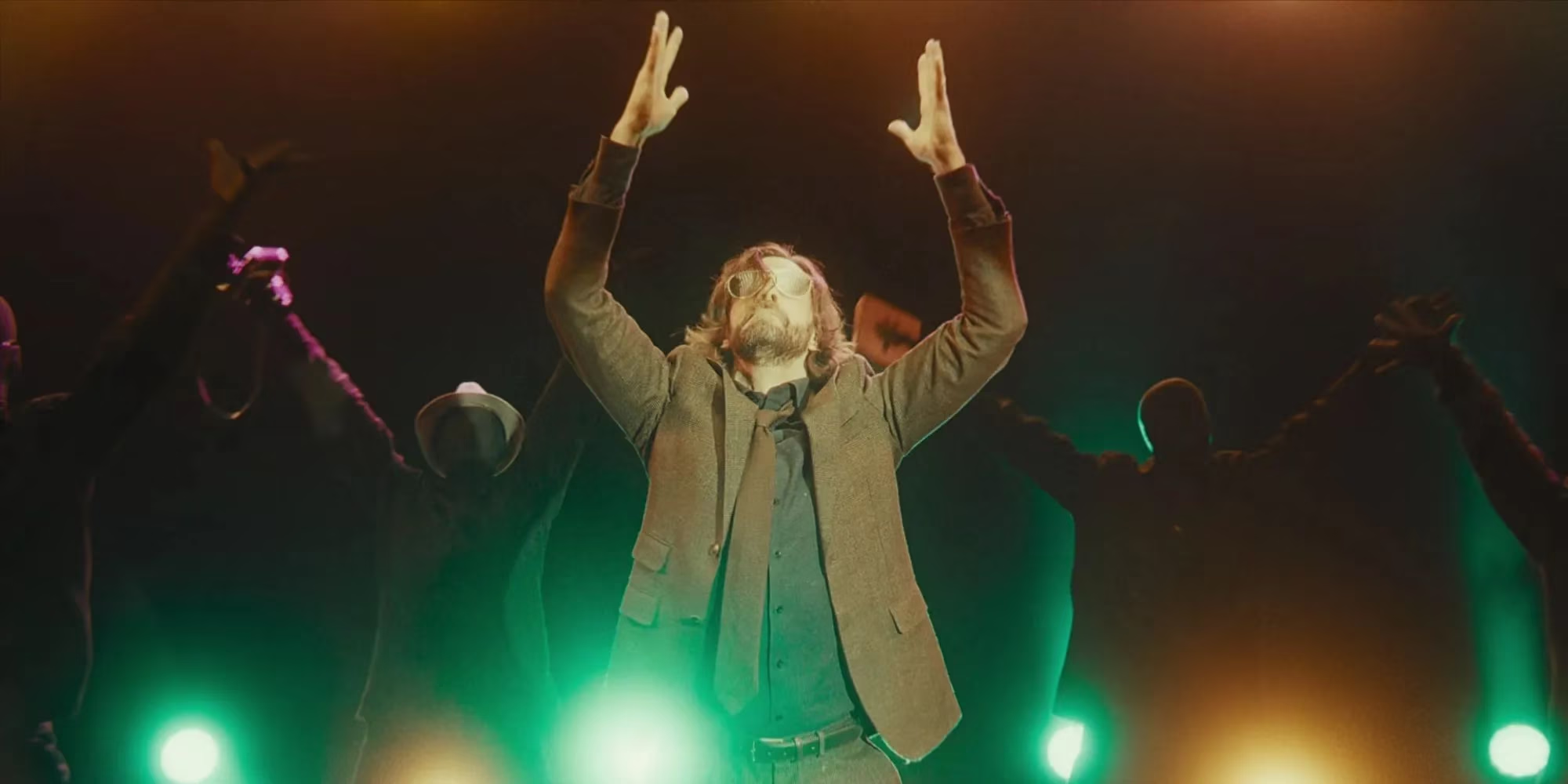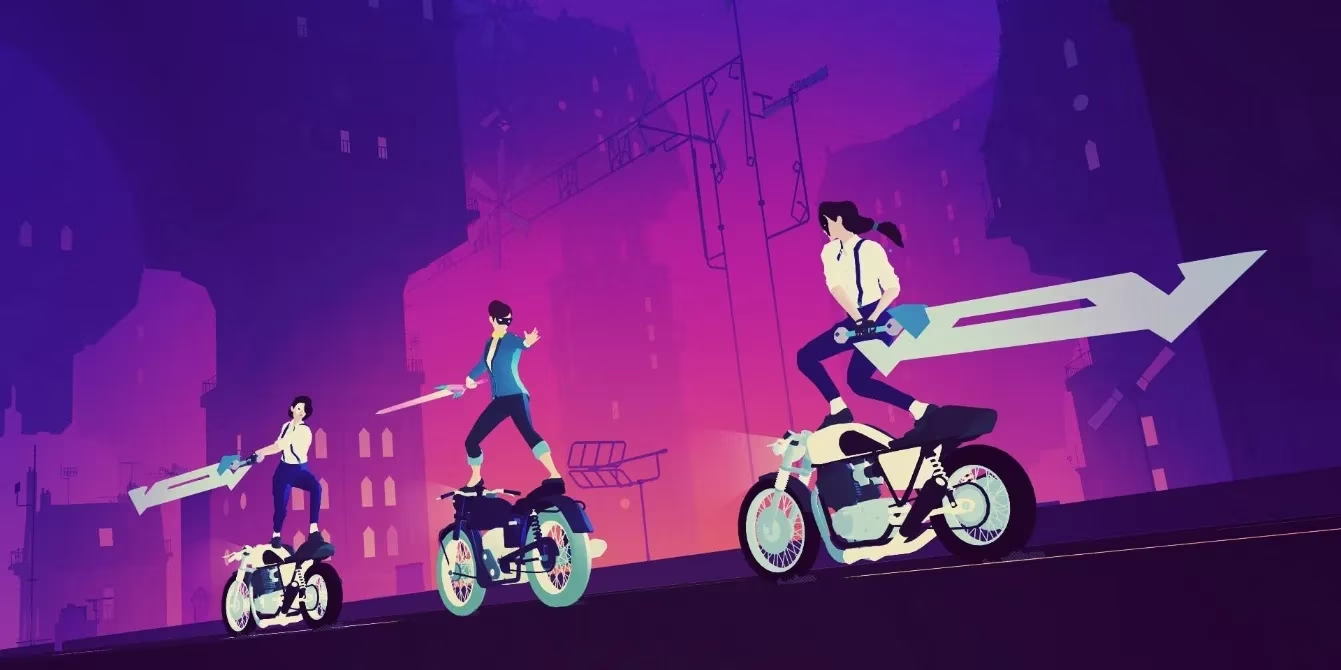Let's talk about the unsung architects of gaming's most powerful moments: the soundtracks. I've been chasing that electrifying fusion of gameplay and music for years, the kind where a perfectly timed track doesn't just accompany the action, it becomes the emotional skeleton of the entire experience. We all know a killer orchestral score can elevate a journey, and licensed tracks can introduce us to new musical worlds (shoutout to Life is Strange for my now-permanent indie folk phase!). But there’s this magical, often overlooked third lane: games that craft a bespoke, album-worthy collection of songs so potent, they stand shoulder-to-shoulder with the gameplay itself, telling the story in a parallel sonic dimension. That's the alchemy I crave more of.
AAA Studios Crafting Sonic Masterpieces
Don't let the blockbuster budgets fool you; sometimes, the most profound artistry in a AAA game isn't just in the pixels or polygons, but in the curated vibrations hitting your eardrums. Think about Red Dead Redemption 2. Yeah, its sweeping vistas were breathtaking, but its soul? That lived in the dusty grooves of its dedicated soundtrack. It wasn't just background noise; it was a time machine powered by Deep South roots, 19th-century folk, and the unmistakable, weathered croon of Willie Nelson on 'Cruel World'. The music was the atmosphere, thick as bayou humidity. You could almost taste the campfire smoke and feel the weight of Arthur Morgan's choices in those aching strings and raw vocals. That soundtrack isn't just a companion; it's an essential limb of the game's body.
Then there’s Alan Wake 2. Remedy didn't just commission a few moody tracks; they built a haunted jukebox specifically for their Dark Place. Poe's hauntingly beautiful 'Wide Awake' and 'Superhero', PJ Harvey's unsettling 'This Road', and the sheer chaotic brilliance conjured by the Old Gods of Asgard (Poets of the Fall's gloriously unhinged alter-ego) – each song wasn't merely played at the end of a chapter; it was the exclamation point, the thematic gut-punch, the fever dream made audible.  Tracks like 'Herald of Darkness' didn't just enhance the game; they were the game's delirious, rock-opera heart laid bare. I’ve played these albums for friends who’ve never touched a controller, and the stories – of redemption, darkness, and rock gods battling shadows – still land like a hammer blow. It’s proof these soundtracks transcend the medium; they’re quantum-entangled musical mirrors reflecting the game's soul.
Tracks like 'Herald of Darkness' didn't just enhance the game; they were the game's delirious, rock-opera heart laid bare. I’ve played these albums for friends who’ve never touched a controller, and the stories – of redemption, darkness, and rock gods battling shadows – still land like a hammer blow. It’s proof these soundtracks transcend the medium; they’re quantum-entangled musical mirrors reflecting the game's soul.
Indie Passion Projects: Where Rhythm is the Narrative Engine
But this sonic sorcery isn't locked behind AAA gates. Sometimes, smaller studios pour their hearts into soundtracks that become the game's very DNA. Take Sayonara Wild Hearts. Its neon-drenched, rhythm-fueled chase isn't just set to music; the music is the track, the enemy, the speed, the heartbeat.  The synth-pop brilliance is the narrative engine. Swerving your motorcycle isn't just avoiding obstacles; it's hitting the notes of a breakup anthem turned cosmic odyssey. Listening to that soundtrack standalone is like mainlining pure, euphoric melancholy – it replays the entire game in your mind's eye. It’s less a curated playlist and more like the game poured itself into a series of resonating crystal bottles, each song capturing a shard of its essence.
The synth-pop brilliance is the narrative engine. Swerving your motorcycle isn't just avoiding obstacles; it's hitting the notes of a breakup anthem turned cosmic odyssey. Listening to that soundtrack standalone is like mainlining pure, euphoric melancholy – it replays the entire game in your mind's eye. It’s less a curated playlist and more like the game poured itself into a series of resonating crystal bottles, each song capturing a shard of its essence.
We Need More Musical Portals!
Don't get me wrong, I'll always adore a soaring orchestral score – it's the bedrock! And a perfectly placed licensed track can be a masterstroke. But the potential unlocked by these bespoke, album-driven experiences? It’s immense. A game's narrative lives in code and script, but weaving it directly into the lyrics, rhythms, and raw emotion of a dedicated song collection? That creates a whole new layer of immersion. It's like finding a hidden frequency that lets you tune directly into the game's emotional core.
I yearn for more developers to embrace this approach. Imagine sprawling RPGs where each major city has its own thematic EP, crafted by in-universe bands. Picture narrative adventures where key character arcs culminate in songs expressing their inner turmoil more powerfully than any cutscene. The music becomes a co-storyteller, a ghostly narrator whispering (or screaming) the subtext. It’s not about replacing traditional scores or licensed hits; it’s about adding another potent weapon to the storytelling arsenal – a weapon that resonates long after the console is off. These soundtracks aren't just add-ons; they're sonic wormholes back into the game's universe. 🎮🎧
Your Burning Questions, Answered (Sort Of)
-
Q: Isn't this just fancy licensed music?
A: Nope! Key difference. Licensed music is pre-existing stuff slapped onto a scene (like using a Rolling Stones track in a trailer). What I'm raving about is music specifically commissioned and crafted for the game, often as a central part of the narrative or world-building. Think Old Gods of Asgard being an in-universe band whose songs drive the plot in Alan Wake 2. It's bespoke tailoring vs. buying off the rack.
-
Q: Does every game need this? Sounds expensive.
A: Heck no! A sweeping orchestral score is still king for many genres (looking at you, big fantasy RPGs). And a well-placed licensed track can be iconic. This approach is a specific tool – fantastic for games where music can be diegetic (part of the world) or deeply intertwined with the story's emotional arcs. Indie gems like Sayonara prove it's about vision, not just budget. It's like choosing the right spell for the situation.
-
Q: Any recent examples (2025) catching your ear?
A: Still waiting for the next big one that hits like Alan Wake 2! But the trend is simmering. Keep an eye on narrative-driven indies and studios known for bold stylistic choices (like Remedy or those with strong musical leads). It feels like a ripple waiting to become a wave. It’s like watching for the first bloom of a rare, sonic orchid.
-
Q: Why does this resonate so much with you?
A: Because it weaponizes nostalgia and emotion in a unique way. Hearing those specific songs instantly teleports me back into that game world, feeling exactly what I felt then. It's a direct neural link the game engineers into your brain. A standalone album might be great, but one woven into the fabric of an interactive experience? That's like discovering the game left a haunting, beautiful ghost track in your soul's playlist.